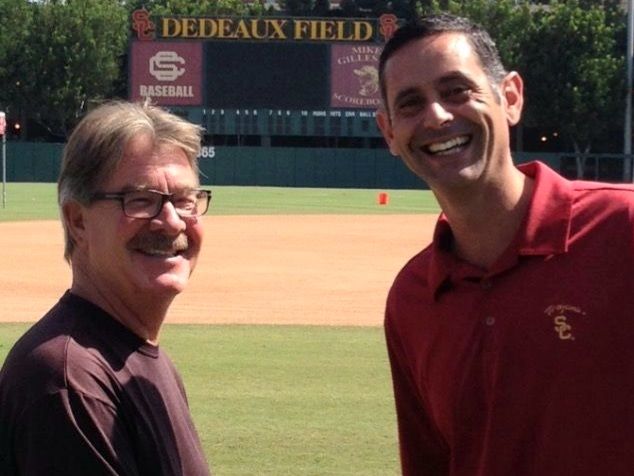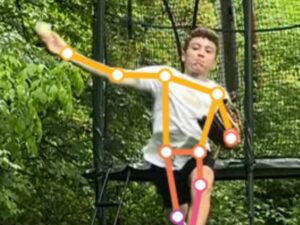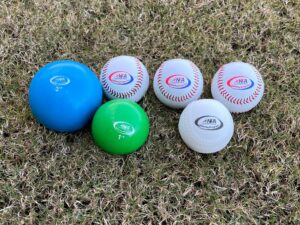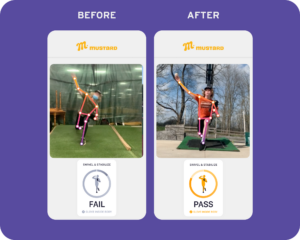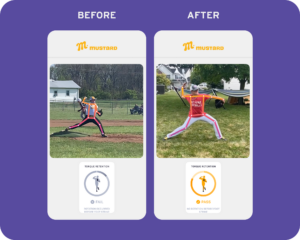Mustard co-founder Jason Goldsmith is a globally recognized high performance coach who works with athletes in all sports, emphasizing the mental skills that guide each person on an individualized journey to peak performance in high pressure environments. His client list includes PGA Tour No. 1s Jason Day and Justin Rose, Olympians, NBA, MLB, NFL, USTA and NCAA athletes, world-ranked juniors, amateurs, Fortune 500 executives and business professionals. Here, Jason shares tips for honing the mental skills that will help you get the most out of your training sessions, your classes, and your life in general.
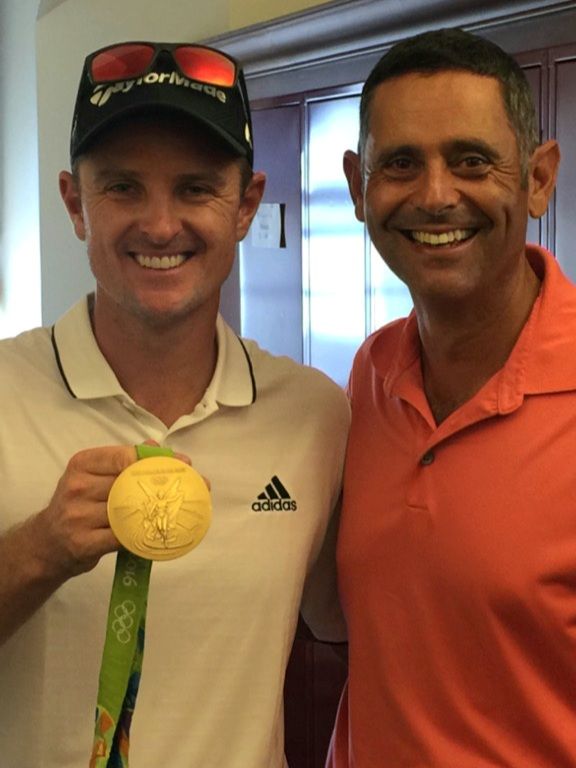
“Use your imagination. Imagination is one of the most important mental skills, and kids are much better than adults at using their imaginations, which puts them in a unique position when they receive instruction. So, if you can imagine yourself doing things the way your coach describes, it will help you physically do it when you go out to practice after. When you imagine doing something, it creates a sensation in your body, and when you do the action later, you can compare the action sensation to the imagined sensation. Then, keep doing it until the feelings match up. This is how we learn. The better you get at imagining, at creating an image that creates a sensation, the better you get at learning without thinking about how to learn.”
“Avoid comparing yourself to others. Comparison is a tricky thing. When you compare yourself to someone else, you engage the part of your brain that passes judgment, so you have to be careful to not become negative. You can’t compare yourself to a superstar when you’re 13, or even to another 13-year-old, because everyone is physically different. However, if you keep comparison playful and creative and approach it that way, it’s actually a useful tool. You have to think, ‘OK, I’m not trying to be that guy, but he has really good mechanics. So I’m going to be me, doing it my way, in a way that’s similar to that guy.’ He made his mechanics his own, and you can copy them in a way that helps your body learn to make them its own. When someone does something really well, what you’re really trying to imitate is the flow of the movement, not necessarily each individual movement. Using comparison only in a positive way is a valuable mental skill.”
“Bring the right mindset to every training session. Being present and in a neutral place is another important mental skill. You don’t want o carry any extra baggage from life into your practices or training sessions. Be open to the information and to on-boarding the information in a playful, creative and positive way. If you know you have to get homework done, or if you didn’t do your chores, and you’re going to practice but your brain is elsewhere, it will make learning difficult. If possible, set aside five minutes before your training session starts to go through some breathing exercises, center yourself and be present. I’d suggest going through your own personal highlight reel, just get your brain into an ideal learning state in which you are not anxious and not somewhere else, so you’ll be able to focus and stay on task and not be distracted. If you’re having a virtual training session with your coach, turn off your cell phone and make sure all your TikTok notifications are off so you can pay attention and learn all the things you need to do to fulfill your goals and dreams.”
“Understand feedback is not criticism. Remember, if you were doing everything perfectly, or if you were to pass everything on the first try, there would be no room for growth. Every opportunity is a chance to get better. I tell all the people I work with, “Not yet.” You may not be doing it yet, but what happens when you do? You’ll move onto the next area where you can improve. And then you apply those things in a game, and something else changes and that becomes the “Not yet.” Those are the road signs on the route toward mastery. Even the pros are still passing those road signs, because mastery is a journey, a destination at which you never arrive. And that’s the right mindset to have. If you truly want to master a sport, you are on a journey to a destination you will never reach, because there will always be areas to improve. If you embrace that as a mental skill, you’ll let go of the thought that you have to be perfect to have fun and feel the Power of Play, which just isn’t true.”
If you’d like more great content from Mustard, and you’d like to evaluate and improve your own pitching mechanics, download the Mustard pitching app today.

